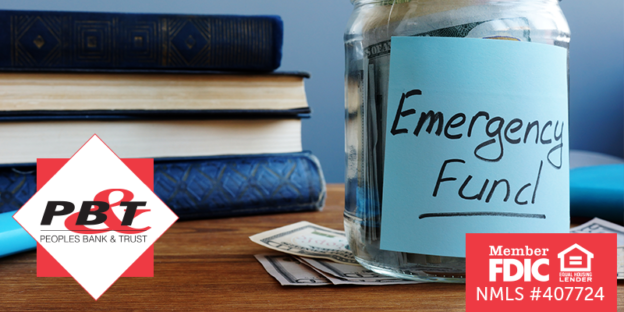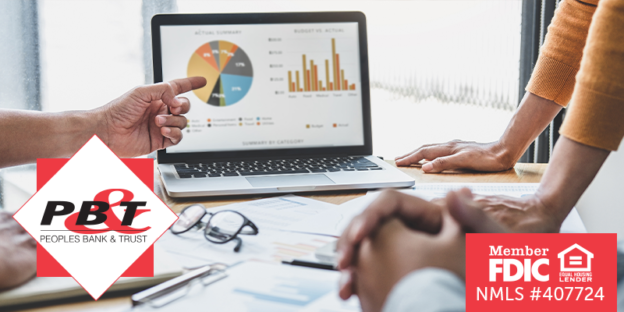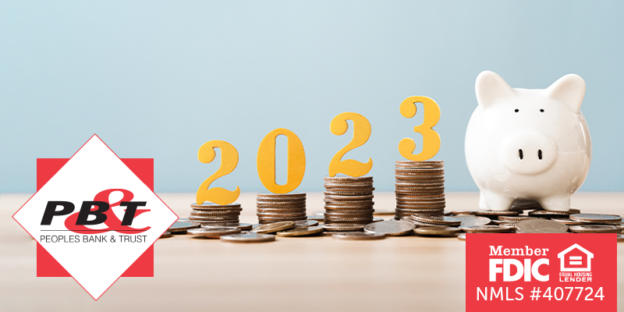A good credit score is essential for securing loans, getting favorable interest rates, and even renting an apartment. Understanding how credit scores work and how to improve and maintain them can significantly impact your financial health. Here’s a comprehensive guide to help you navigate the world of credit scores.
What is a Credit Score?
A credit score is a numerical representation of your creditworthiness, based on your credit history. Lenders use this score to assess the risk of lending you money. Scores typically range from 300 to 850, with higher scores indicating better creditworthiness.
Factors That Affect Your Credit Score
Several factors contribute to your credit score:
- Payment History: Your track record of paying bills on time.
- Credit Utilization: The amount of credit you’re using compared to your credit limit.
- Length of Credit History: How long you’ve had credit accounts.
- New Credit: Recent applications for new credit.
- Credit Mix: The variety of credit accounts you have, such as credit cards, mortgages, and loans.
Checking Your Credit Report
Regularly checking your credit report is crucial for maintaining a good credit score. You can obtain a free copy of your credit report from each of the three major credit bureaus (Equifax, Experian, and TransUnion) once a year. Review your reports for any errors or discrepancies and report them immediately.
Improving Your Score
Improving your credit score takes time and effort, but it’s achievable with these steps:
- Pay Bills on Time: Consistently paying your bills on time is one of the most significant factors in improving your score.
- Reduce Debt: Aim to pay down existing debt, especially high-interest credit card balances.
- Avoid New Credit Inquiries: Limit the number of new credit applications, as each inquiry can temporarily lower your score.
- Increase Credit Limits: If possible, request a credit limit increase to improve your credit utilization ratio.
Maintaining a Good Score
Once you’ve improved your credit score, it’s essential to maintain it:
- Monitor Your Credit: Keep an eye on your credit reports and scores regularly.
- Use Credit Responsibly: Continue to pay bills on time and keep credit card balances low.
- Stay Informed: Educate yourself about credit and financial management to make informed decisions.
Common Credit Myths
There are many misconceptions about credit scores. For example, closing old accounts can hurt your score, and checking your own credit report does not affect your score. Understanding these myths can help you make better financial decisions.
- Myth: Checking your own credit report will lower your score.
- Fact: Checking your own credit report is considered a “soft inquiry” and does not affect your credit score. It’s a good practice to review your credit report regularly to ensure accuracy.
- Myth: Closing old credit accounts will improve your credit score.
- Fact: Closing old accounts can actually hurt your credit score because it reduces your overall available credit and can shorten your credit history, both of which are factors in your credit score.
- Myth: You only have one credit score.
- Fact: You have multiple credit scores, as different credit bureaus (Experian, Equifax, and TransUnion) and scoring models (FICO, VantageScore) may calculate your score differently based on the information they have.
- Myth: Carrying a balance on your credit card improves your credit score.
- Fact: Carrying a balance and paying interest does not improve your credit score. It’s better to pay off your balance in full each month to avoid interest charges and maintain a good credit score.
- Myth: Your income affects your credit score.
- Fact: Your income is not a factor in your credit score. Credit scores are based on your credit history, including payment history, amounts owed, length of credit history, new credit, and types of credit used.
- Myth: Paying off a debt will remove it from your credit report.
- Fact: Paying off a debt does not remove it from your credit report. The account will be marked as paid, but it will remain on your report for up to seven years from the date of last activity.
- Myth: Using a debit card will help build your credit score.
- Fact: Debit card usage does not impact your credit score because it is not reported to credit bureaus. Only credit accounts, such as credit cards and loans, are reported and affect your credit score.
Resources and Tools
Take advantage of tools and resources available to help manage and improve your credit scores. Many banks offer credit monitoring services and financial education resources to support your credit health.
By understanding and managing your credit score, you can unlock better financial opportunities and achieve your financial goals. Stay proactive and informed to maintain a healthy credit profile. Visit Peoples Bank & Trust today to learn more about how we can assist you in achieving your financial goals and securing a brighter financial future.











